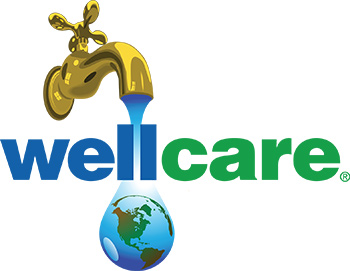Volatile Organic Compounds (VOCs) are a class of chemical compounds that share two main properties:
1. They evaporate easily from water into the air; and
2. They contain carbon.
Low concentrations of most VOCs in water can produce a sweet and pleasant or foul and unpleasant odor that is easily detected. VOCs are associated with products such as but not limited to gasoline, plastics, adhesives, dry-cleaning fluids, refrigerants, and paints. Biological sources of VOCs are from the degradation of organic matter in feed and manure. Crude oil tanking can also release VOCs into the atmosphere.
When spilled or improperly disposed of, VOCs may be released into the environment. Any portion that does not evaporate may leach into the soil and can be carried into groundwater by rain, water, and snow melt. Factors that influence the likelihood of contamination include:
- proximity of the well to the source of contamination;
- the amount of VOCs that are spilled or discarded;
- depth of the well (shallow wells are affected by surface spills more quickly and more severely than deep wells);
- local geology (groundwater that is protected by thick, dense, impermeable soils is less vulnerable to contamination); and
- time (groundwater moves slowly, so it can take months or years after a spill before contamination reaches wells).
You should test your well water for VOCs if it is in close proximity to a gasoline service station or other fuel tanks (500 to 1000 feet), if a spill has occurred on or near your property, or if your water has the taste or odor of gasoline or solvents. Contact your state or local health department for a list of state-certified laboratories in your area or use our interactive map on our website. If you need assistance locating a laboratory in your area, contact our wellcare® Hotline.
Read our information sheet on VOCs & Well Water for more information.
